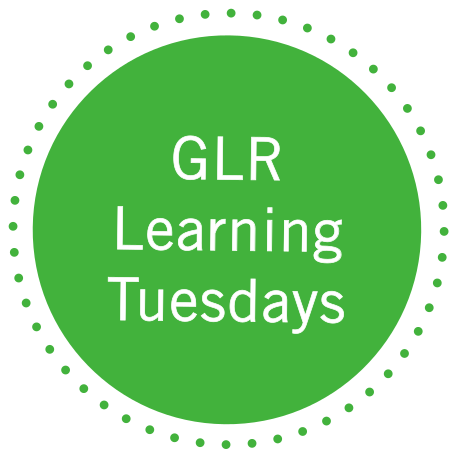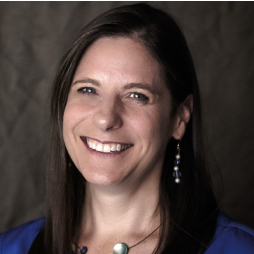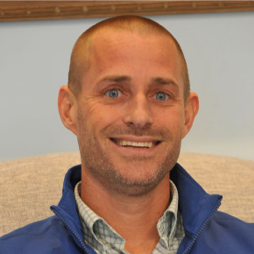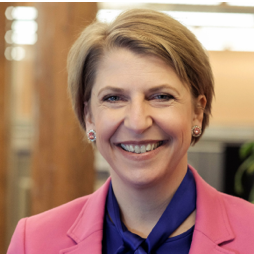
- This event has passed.
Learning to Read: Applying Universal Design for Learning
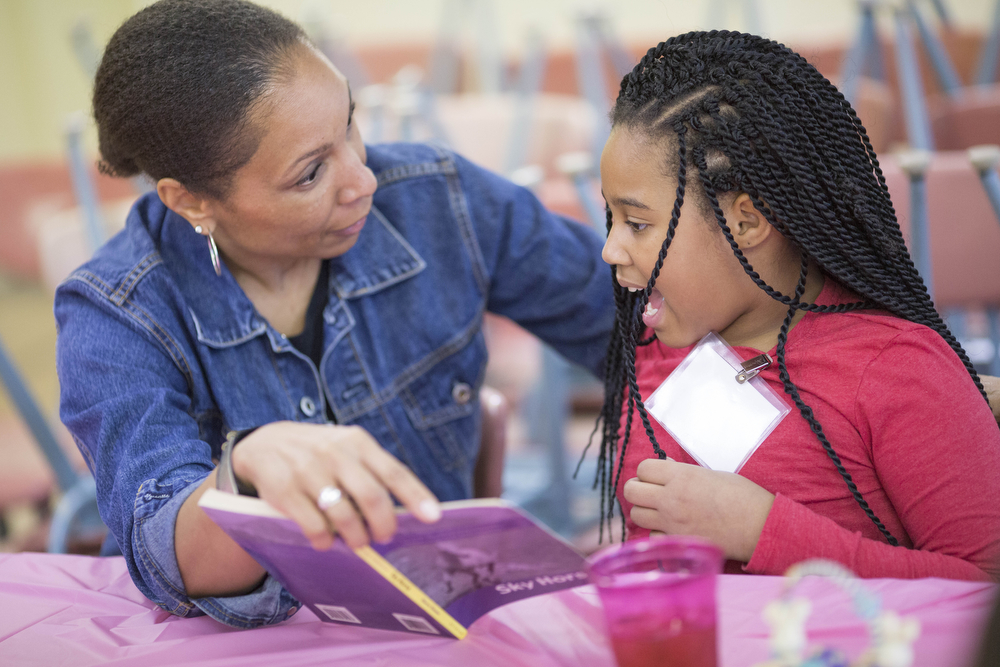
“Being an educator is an incredibly difficult job….One of the greatest joys that I’ve experienced is working with kids and having a chance to be a classroom educator. I think the biggest takeaway from that experience — as somebody who hit rocky points in school — is that we can change….We all have the ability to change the conversation, and the way we do that is, by taking healthy risks. It’s choosing to take that first healthy risk and trying that thing that’s different or new, and being okay with the fact that it might not work out exactly right. The more we can look to the science and the more opportunities we can take to really help provide that accessibility to benefit each learner, that’s the best kind of risk we can take in the classroom.” — Benjamin N. Powers, DBA, Yale University
In this week’s Learning Tuesdays Partner Webinar, Learning to Read: Applying Universal Design for Learning, co-sponsored by the Emily Hall Tremaine Foundation, our panelists provided background on the science of learning and implementation of the Universal Design for Learning (UDL) model that, as Ben Powers notes above, is changing the conversation about how we learn.
In a session moderated by Lindsay Jones of CAST, we heard from Benjamin Powers of Yale University Child Study Center who shared information about the Haskins Global Literacy Hub and the neurobiology of learning. This background helped to set the stage for deeper understanding of the unique abilities of every child. Jennifer Levine and Becky Canham from CAST shared details about the principles of UDL, how it is applied in the classroom setting and how CAST provides professional development to districts and teachers who are in the process of implementing the model.
While the model requires time and deep commitment, the end results are that every child is seen as having unique gifts and learning needs. The classroom is designed to support the learning needs of all children, which is a mind-shift from our current models of education. Importantly, the model is based on the science of learning and the neurobiology of how we are all unique learners.
“What drives my passion for UDL is just this concept of celebrating, encouraging and helping to emphasize the diversity. I think our traditional education system has tried to push us all into one box, and I just love the idea that each of us is different, and that those differences are what makes the world so fantastic.” —Jennifer Levine, CAST


